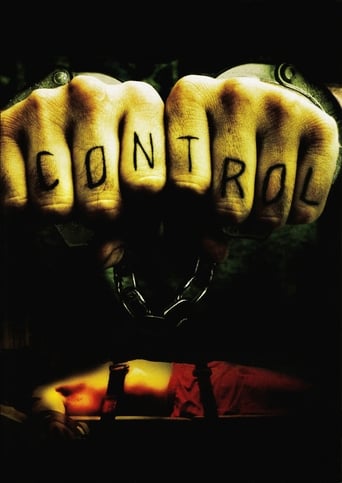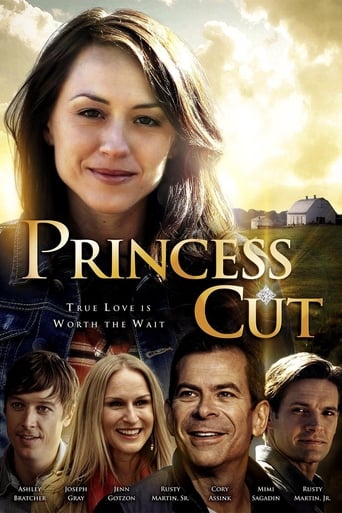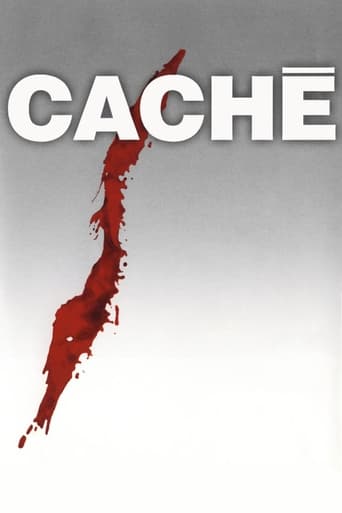


Caché
A married couple is terrorized by a series of videotapes planted on their front porch.
-
- Cast:
- Daniel Auteuil , Juliette Binoche , Annie Girardot , Bernard Le Coq , Daniel Duval , Maurice Bénichou , Walid Afkir


Similar titles
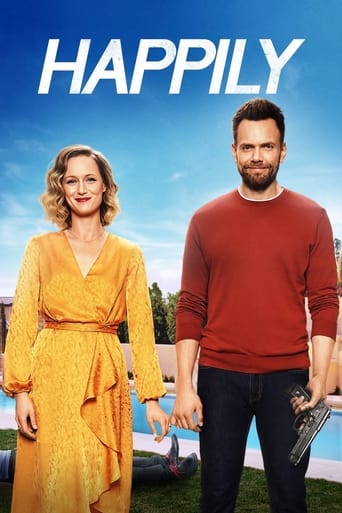
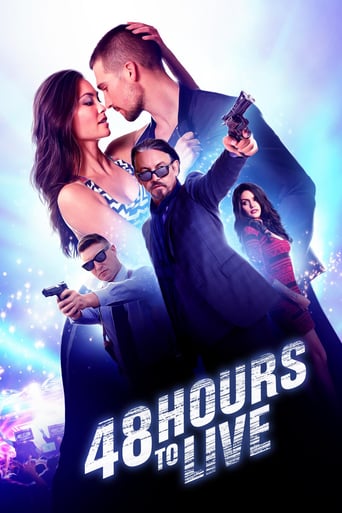
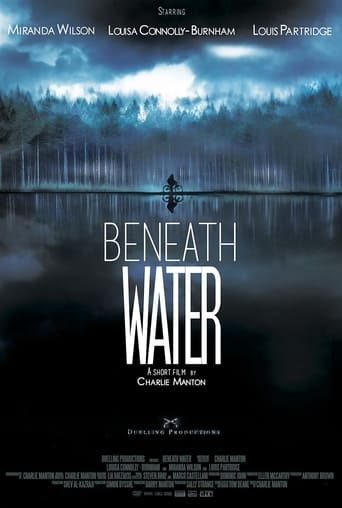
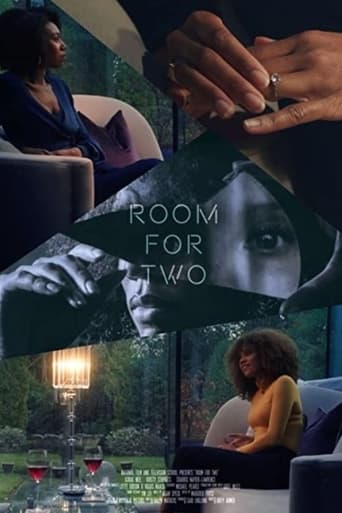
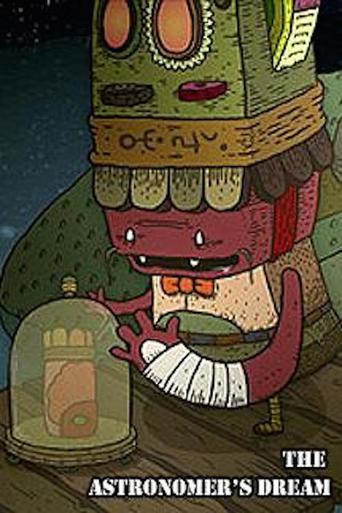
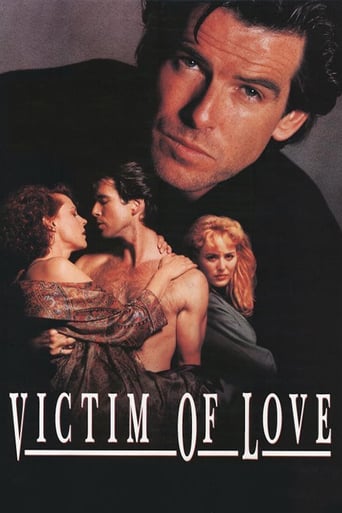

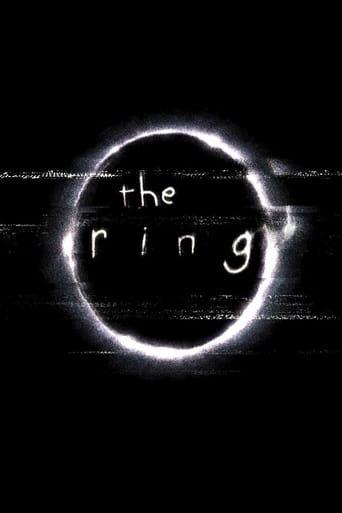
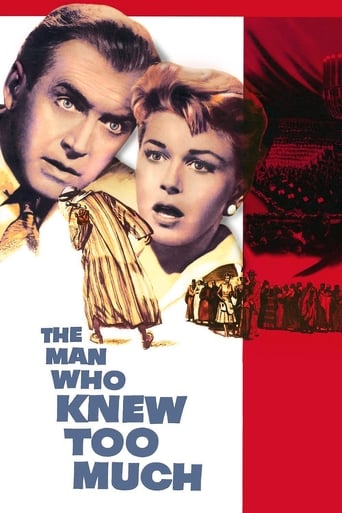
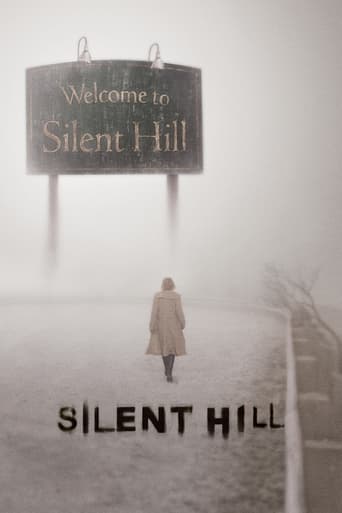
Reviews
Powerful
One of my all time favorites.
As Good As It Gets
Admirable film.
Not even close to a masterpiece as I was led to believe. Themes on guilt and trust does work with some excellent performances. But it seems to me that the director tries to inflict the collective guilt forcefully by using some scenes and dialogues rather than conveying through the natural flow of the film. It's especially visible because how rest of the film plays out and the scenes that's supposed to be shocking isn't as impact full as it could have been. The simple high definition digital cinematography (however good the staging is) and the dull pacing highlights the faults because of what this could have become. The status of the director and the forced messages seems to be the reason for the reception of this film in my view.
This movie is boring. Very boring. A pre-teen make a prank to his parents with the help of an older friend. 113 minutes of slide show (without music) to tell a story nobody cares about. The main character is obnoxius and you hope he is killed, but this never happens.Don't watch this movie unless you are a wannabe movie critic and want to boast going around and lie telling how arty is this film, French film, Austrian or whatever doesn't matter.Simply don't
Liberty, Equality, Fraternity. This is France's established, officially disseminated political memory. The Storming of the Bastille on the afternoon of 14 July 1789: this is the event and date that French citizens have etched in their collective memory.However, the date in France's repressed political memory, which is cited in Michael Haneke's Caché, is October 17, 1961. On this date, French police brutally quashed peaceful demonstrations of hundreds of Algerian protesters who had congregated in Paris to protest against a French security crackdown during the Algerian War of Independence. The official death toll the following day was two dead but this figure was disputed with reports of dozens of bodies found floating in the River Seine. (The figure cited in the film is 200 dead).Haneke's film cites this clash, which is a sore spot in Frances history and something that was hidden from France's political memory for decades. A public inquiry was prevented and access to archived police records relating to the event was not allowed until 1998.However, Caché is not a film explicitly about these events, they function in the narrative as a framework for the complex relationship of memory, forgetting, and guilt. Within the film's narrative, the Algerian character Majid's parents were killed in this massacre.The opening shot is immobile unwavering, unflinching, mechanical, objective. It is digital video footage: cheap, the medium of the masses. It is post-modern, it depicts the cold light of present day. One of the opening lines: "It doesn't look like it was filmed through a window". It is unvarnished and unedited (unlike the protagonist Georges' TV program and life). It is real. Nothing of note happens in the taped footage. The lead characters rewind the footage and watch again. A trick is revealed. We realize we are watching taped footage that the 'agents' of the scene are also watching. What are we ultimately watching? We are watching the watchers, the chattering classes of contemporary France; those who interpret and disseminate France's political memory. We are watching them manipulate history. Edit time. Rewind, fast-forward, cut, omit. (Editing an episode of his TV show later on, where he cuts back in: the woman on screen smiles and says "it's poetic license, no?").Georges hides from his wife, from his son, from his mother, from his friends. His wife Anne finally breaks down later in the film, pleading: "People talk to each other, don't they?"The mother, too, also keeps memories hidden. She claims to not be aware of whom Georges is referring to when he mentions Majid, despite the fact that this was a child she had planned to adopt. She has suppressed the memory: "It was a long time ago. And it's not a happy memory".The Euronews footage from Iraq (which appears at the golden section of the film) depicts events that may well be repressed in the political memory of certain European countries decades in the future. France (along with Haneke's homeland of Germany) famously refused to join the USA's 'coalition of the willing' in 2003 to invade Iraq. Caché can be seen as a riposte to French commentators who were suggesting at the time of filming that France had somehow taken the moral high ground. Wait, says Haneke, we have plenty of skeletons in our own closet.As the narrative scene plays out, neither actor is center of frame – it is the television screen, the news footage – now of conflict in Palestine - which is center. It is in the background and the foreground simultaneously. We try to ignore it to follow the narrative, but it is difficult. It refuses to be hidden. One recalls the intentional confusion between the director's camera and the video in the opening scene. The news footage references Italian and British forces. This is not simply a French film for French audiences. This is an international film for all nations. After Sajid completes his suicide, we see Georges has spent the following hours in the cinema. He has sought escape from the horrible reality in a dark room. Later he hides from his 'friends' in his darkened bedroom. Lastly, in his final scene, he closes all the curtains to block out the light."Do you expect me to apologize?" he asks Sajid's son towards the end of the film. (French president François Hollande would eventually apologize for the killings in 2012, seven years after this film was released).At the end of Caché, the protagonist lies down on his bed. A memory plays back in Georges' mind, one he has fought his entire life, since the age of six, to forget. It comes not as redemption but as a torturous thorn. Georges shows no remorse. There is no repentance or contrition. Thus, he will never know Liberty (he lives in a cage of lies of his own devise), Equality (apologies are offerings that disrupt the established hierarchies and, as a result, level out differences) nor Fraternity (his would-be adopted brother is dead).
Haneke's "Caché" (Hidden), 2005. A married couple is terrorized by a series of surveillance videotapes left on their front porch. The big cash prize of 50,000 Euros commemorating the 50th Anniversary of The Valladolid film festival was shared ("ex-aequo" is the elegant Laftin term) by two of the festival favorites, Austrian Michael Haneke, for his puzzling French thriller, "Caché" (Hidden), and the quirky Dane, Lars von Trier, for his pseudo-American successor to "Dogville", "Manderlay.Haneke's "Caché" is a handsomely filmed puzzle with no clear -- or even unclear -- answer at the end but the yeoman like work of two of France's finest actors, Daniel Auteuil and Juliet Binoche, make the trip to nowhere more or less tolerable. The couple Auteuil-Binoche, quite well off haut-bourgeois media people, are being spied upon at their home and start getting strange videos from whoever the spier is -- which we will never find out for sure -- and the mounting paranoia starts putting a heavy strain on their seemingly perfect marriage -- on and on, until the plot gets so convoluted that only a mother could love it, and there is no resolution in sight. This is a picture that is all style and actor driven, but as Gertrude Stein said about Oakland, "There isn't any 'there' there". In any case, intense Daniel Auteuil is the Gallic answer to Al Pacino, and Binoche is always a pleasure to watch, even when she's suffering. Not for every taste, but there's some class in there somewhere. The official jury statement proffered to explain this quizzical dual selection: "In these two films the jury acknowledges the artistic maturity of two European filmmakers with very individualistic career trajectories". Well, there's something to be said for individualism, anyway ... Bottom Line: A trip to nowhere made borderline tolerable by the charisma of an extraordinary acting couple

